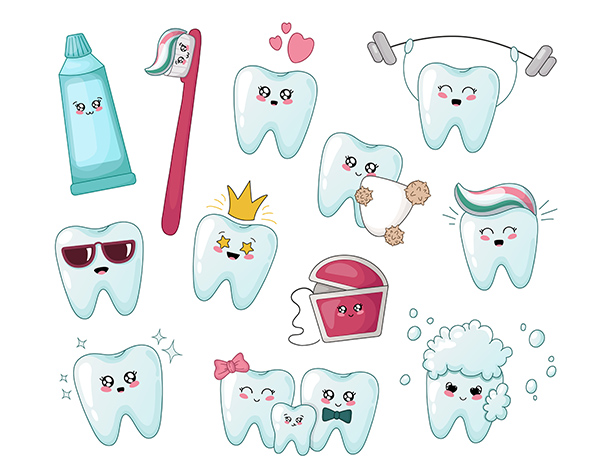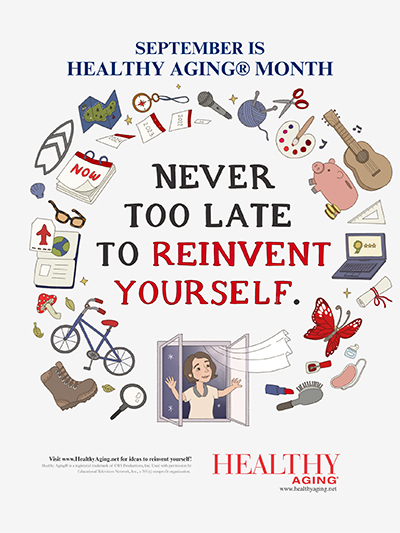
By Teresa Yang, DDS
Do you assume that when you turn 65 and enroll in Medicare, all your healthcare needs – including dental – will be covered?
Most Americans are surprised to learn that, with few exceptions, Medicare does not cover dental services—or hearing aids and eyeglasses, for that matter.
Paying for dental care can become a real challenge, particularly when you’re no longer employed and collecting a salary. Many people underestimate their medical expenses, which only increase as we age.
What can you do not to get caught off guard?
Develop a Master Plan
Five years before you stop working, meet with your dentist to evaluate your mouth. Have your dentist identify your dental needs and determine what’s urgent, non-urgent, routine, or optional.
Maybe now is the time to finally get a crown on that large filling that’s been slowly deteriorating. If you’ve been considering cosmetic enhancement of your teeth, factor those needs into the plan.
Create a year-by-year plan that includes routine treatment like cleanings and examinations and prioritizes any specific treatment.
Even with a master plan, understand there will be unanticipated needs. For example, a tooth can break at any time, and there’s typically no way to predict this event.
To continue reading this article and more tips: Healthy Aging Magazine | FINANCE
Teresa Yang, DDS, has practiced dentistry in the Los Angeles area for more than thirty years. She is the author of Nothing But the Tooth/An Insider’s Guide to Dental Health (Rowman & Littlefield). Learn more at teresayangdds.com.
To continue reading this article and more tips: Healthy Aging Magazine | FINANCE

This content is offered exclusively to Healthy Aging® Magazine subscribers.
Already a subscriber?
Log in now
Subscribe Today
Healthy Aging® Magazine offers in-depth feature articles, tips and information on how to achieve a healthy lifestyle. Enjoy features on diet and exercise, mental, social and financial wellness, active travel, and recipes! You will find ways to follow your passion, ideas for how to redefine yourself and stay active as well as profiles on inspirational people.Your subscription includes:
- ✔ Quarterly digital Healthy Aging® Magazines.
- ✔ Free monthly digital newsletter.
- ✔ Special free offers throughout the year.











